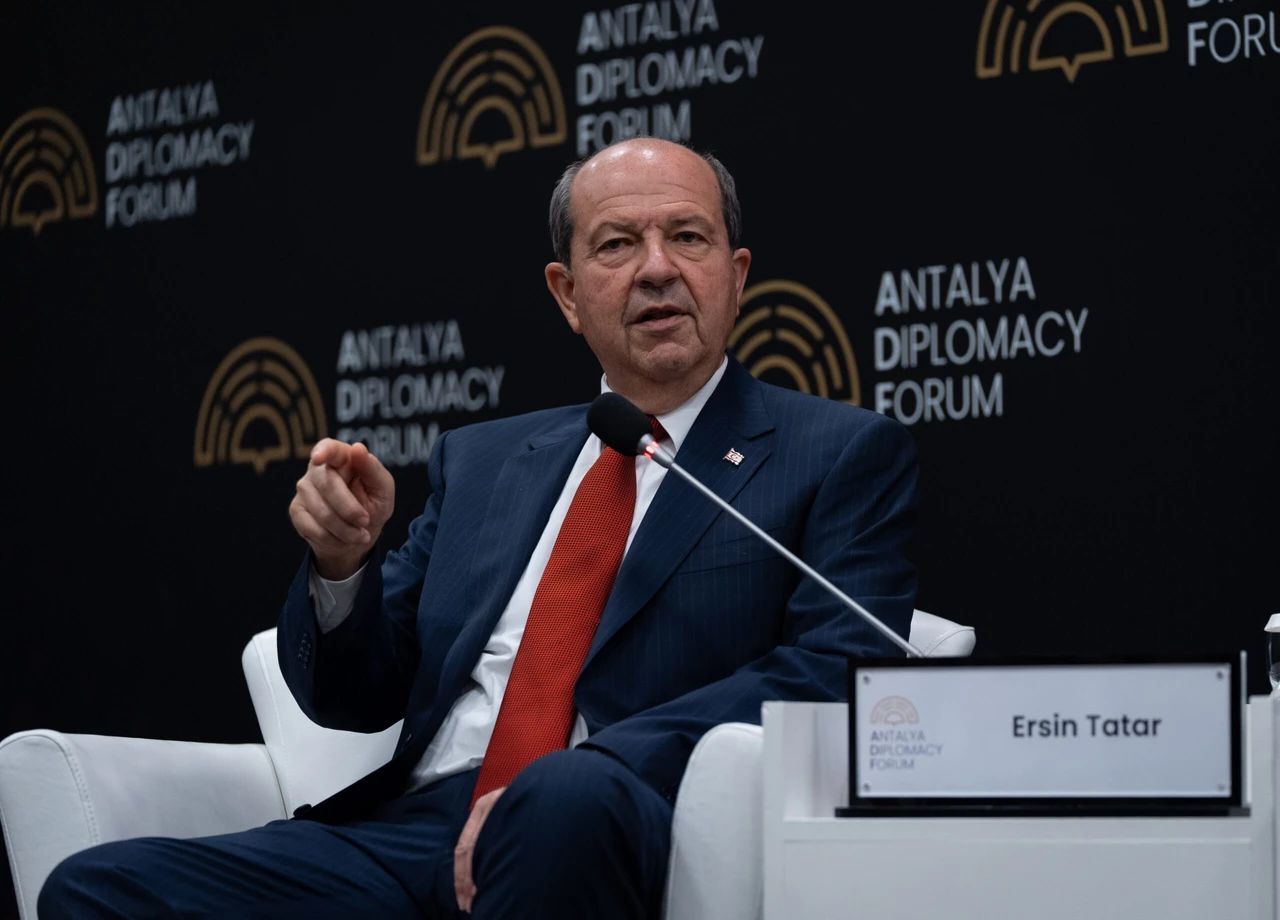Turkish hair transplant industry targets $20B while expanding into Europe
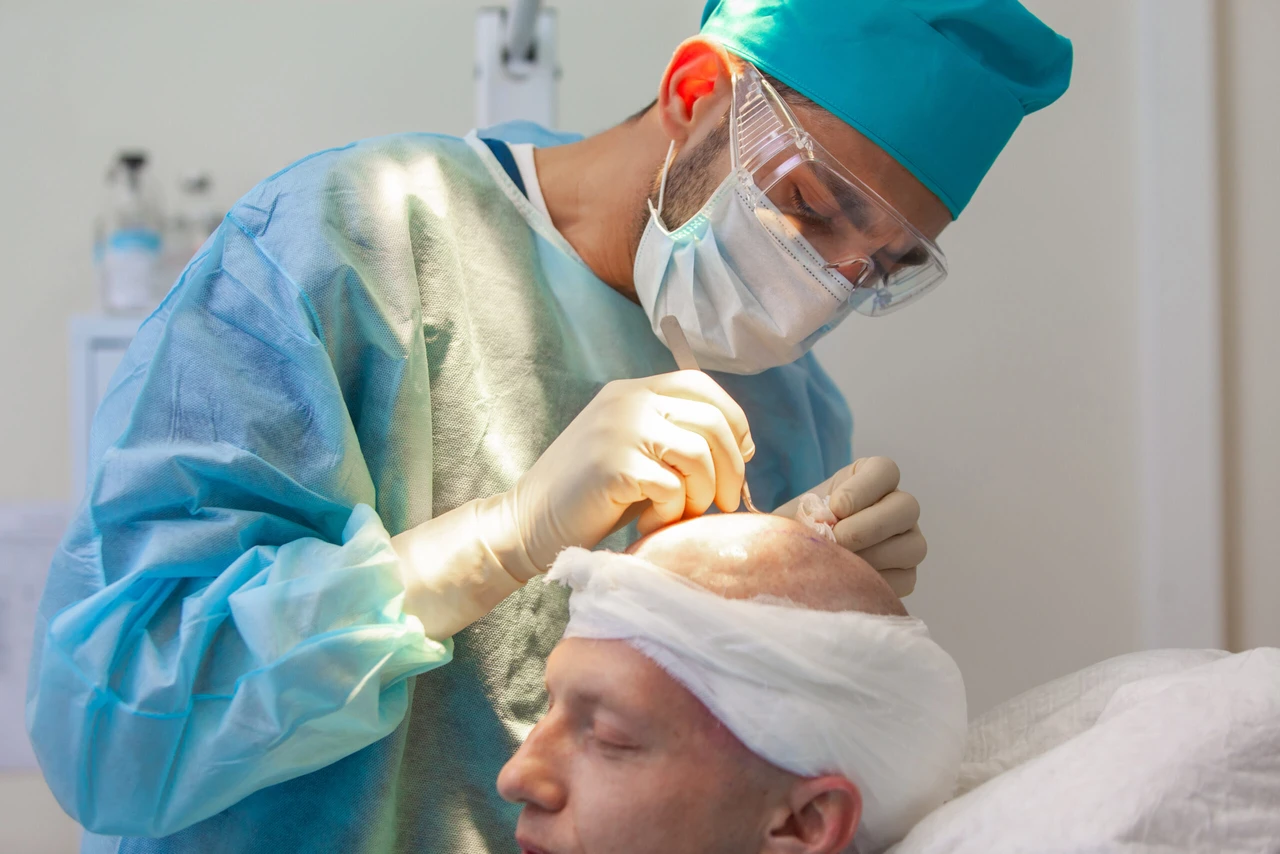 Istanbul has become a global hub for medical tourism in the field of hair restoration, Türkiye. (Adobe Stock Photo)
Istanbul has become a global hub for medical tourism in the field of hair restoration, Türkiye. (Adobe Stock Photo)
Türkiye’s hair transplant industry keeps growing, shifting focus from the Middle East to Europe.
Istanbul has become a major hub, attracting thousands of international clients. While the sector remains strong, unregistered clinics and market saturation in the Middle East have pushed businesses to target Western clients.
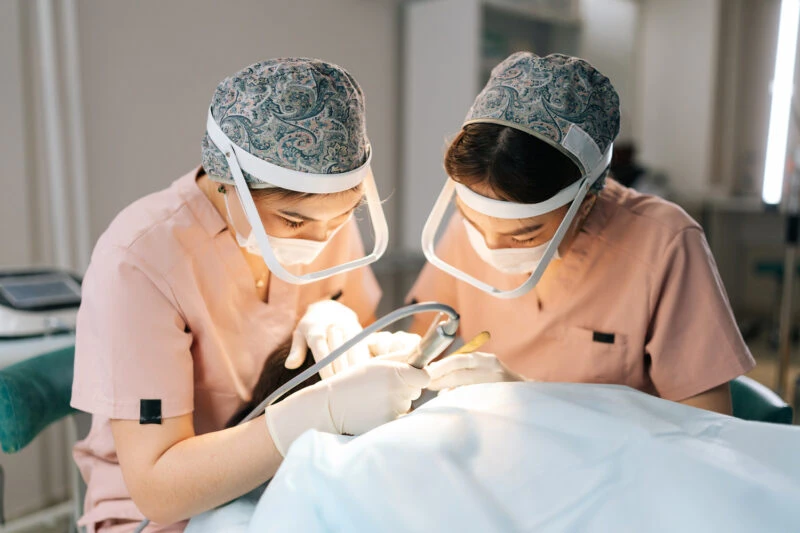
Istanbul dominates global hair transplant market
Türkiye, especially Istanbul, has established itself as a top destination for hair transplants. Speaking to Hurriyet, Turkish Travel Agencies Association (TURSAB) Board Member Elif Ural described the industry’s rapid expansion.
“This business has turned Istanbul into a brand,” Ural said. “Even if we cut prices in Antalya, patients still prefer Istanbul.”
Previously dominated by Middle Eastern clients, the market now attracts patients from the U.K., Germany, Spain, and Italy. Estimates suggest about 750,000 foreigners came to Türkiye for hair transplants in 2024. However, exact figures remain unclear due to widespread unregistered clinics.

Unregulated clinics pose serious challenges in industry
Despite its success, Türkiye’s hair transplant industry struggles with unregistered operations. Ural estimated that 90% of the sector operates off the books.
“Around 1.5 million people visited Türkiye for health tourism in 2024, but we lack exact hair transplant figures because most of the industry is unregistered,” Ural said.
Many clinics provide high-quality treatments, but unregistered businesses raise concerns over safety and service standards.
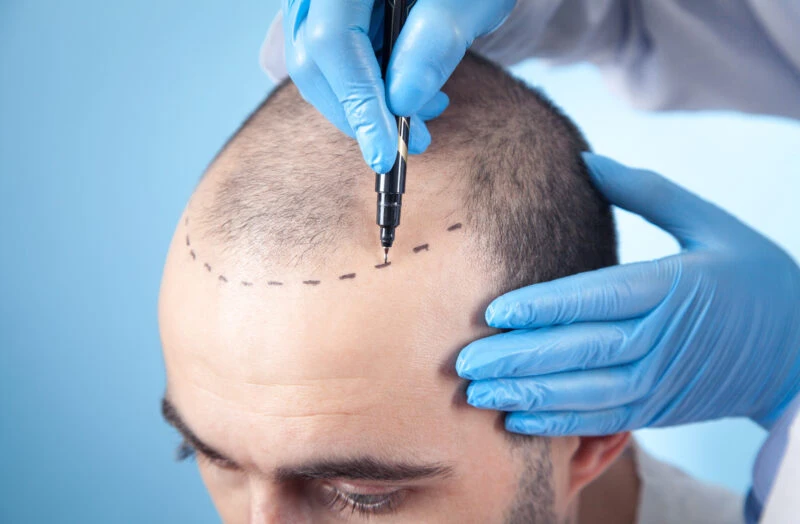
Intense competition drives prices down
As competition increases, prices have dropped. In 2024, hair transplants averaged $4,000, but the current range is between $1,500 and $3,000. Türkiye’s expertise in training foreign doctors has also led to unintended competition.
Many doctors from the Middle East, trained in Türkiye, now perform hair transplants in their home countries, reducing patient flow to Istanbul.
Dr. Servet Terziler, head of the Turkish Health Tourism Association (TUSATDER), pointed to a growing problem with unauthorized brokers.
“Intermediaries in the Arab region prevent patients from traveling to Türkiye. The same issue is emerging in Europe,” Terziler said. “Western jokes about Türkiye’s hair transplant industry act as free publicity, but competition is increasing.”
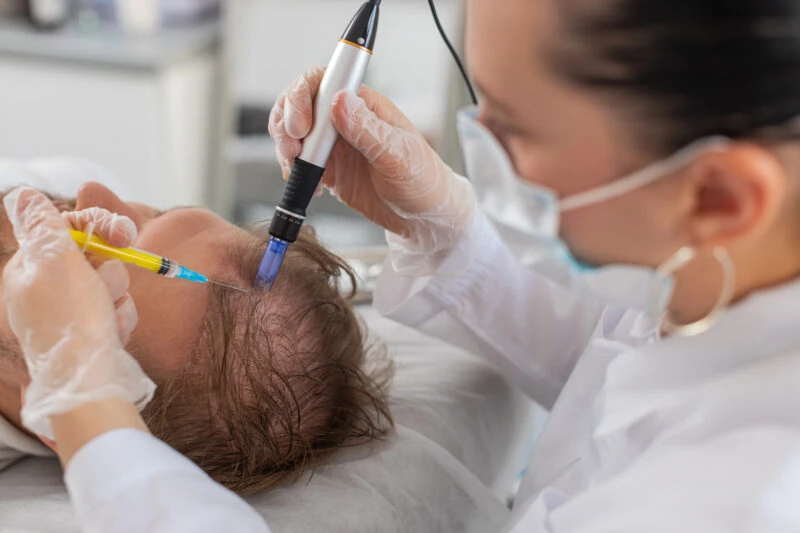
Türkiye’s health tourism industry aims for $20B by 2030
Health tourism remains essential for Türkiye’s economy. In 2024, the sector generated about $3 billion, with a projected rise to $6 billion in 2025. Ural outlined plans to increase per-patient revenue from $2,000 to $4,000.
“By 2030, our goal is to achieve $20 billion in health tourism revenue,” Ural said.
Dental tourism is also thriving. Ural highlighted Antalya’s growing reputation for dental procedures, especially Hollywood Smile treatments, which cost around 3,500 euros. Many British tourists recognize Lara district as a leading destination for high-quality dental care.
Despite its success, the industry faces regulatory and tax-related issues. Ural noted that value-added taxes (VAT) and income tax exemptions apply to health tourism in general but not to aesthetic procedures like hair transplants. Industry professionals are in talks with the Ministry of Treasury and Finance to resolve these gaps.
Türkiye’s hair transplant market continues to evolve as international competition rises and Turkish investors expand abroad. The country still attracts European clients, but experts anticipate further expansion into the Gulf and Western markets in the coming years.

